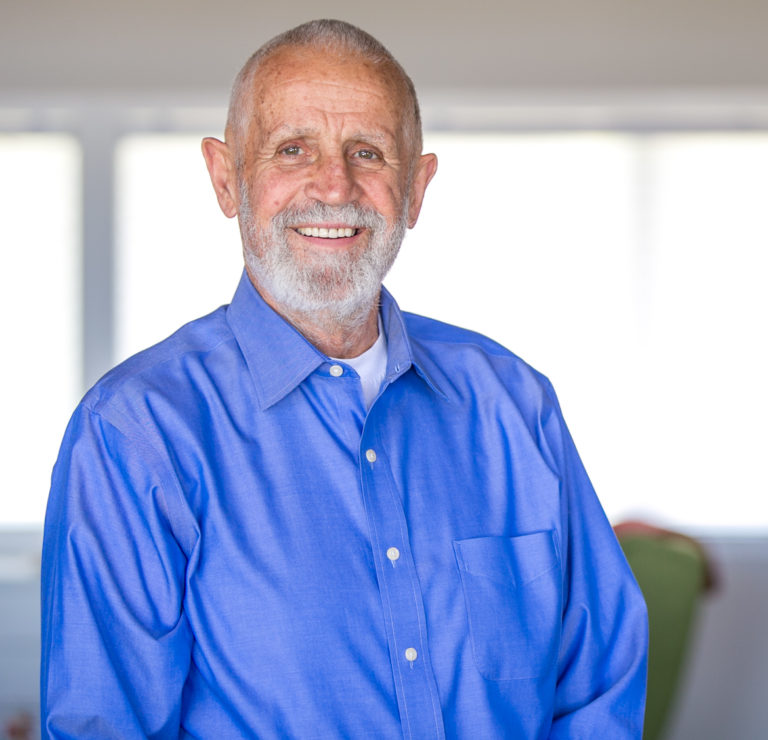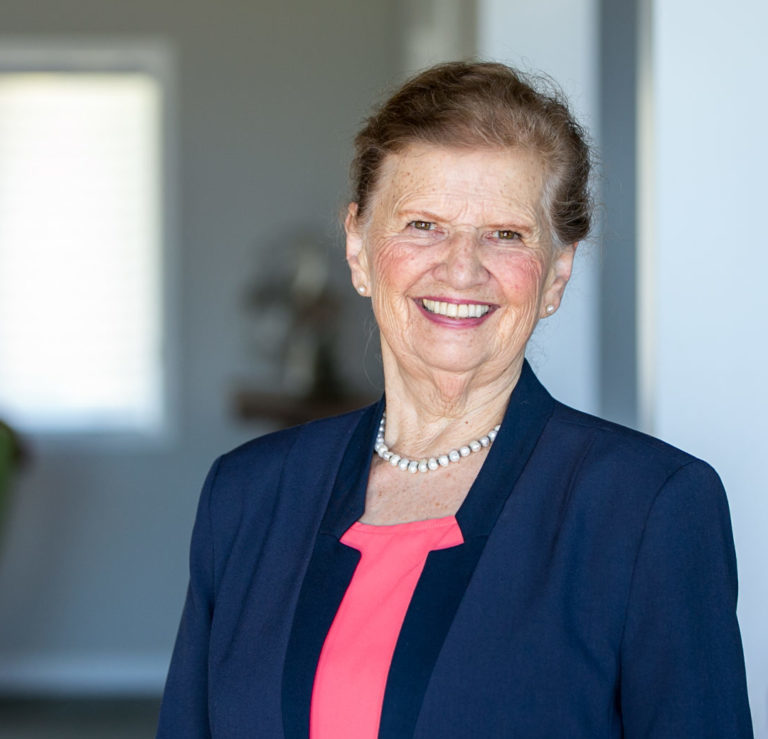Our Why
You’re a Public Problem-Solver…
Your Work is too Important to Fail
The public gave you a mission and responsibilities to fulfill. That doesn’t make your work easy. But your work is too important to fail because it’s on behalf of the public.
Our combined research and professional experience have led to the development of our powerful approach for public-sector professionals to Systematically Develop the Informed Consent® (SDIC) of their various publics, particularly of a project’s fiercest opponents.
SDIC has enabled public-sector professionals with important missions to get their proposals implemented, rather than becoming victims of NIMBY, “politics,” and budget cuts.
Over the course of four decades, we have helped people with public-sector missions (hired professionals, as well as elected and appointed officials) be consistently effective at accomplishing their mission.
In total, we’ve trained over 40,000 professionals LIKE YOU — how to get the job done.
How? NOT by using gimmicks, tricks, or spin.
By working tirelessly to get the public to see what you see. To understand your thinking. You’ll discover “unreasonable interests” aren’t so unreasonable.
It’s up to YOU to develop legitimacy in their eyes.
If you work openly and honestly, you’ll discover your public just might conclude that your recommendations aren’t the work of “bureaucrats feeding at the govt. trough.” It’s the work of people dedicating their lives to working on behalf of the public.
This is what Implementation Geniuses do intuitively.
Our training teaches you how to change your thinking so you can be as effective and efficient as they are — as long as your work is legitimate and technically competent.
OUR WORK BEGAN WHEN CITIES WERE BURNING
Our work began when cities were burning from racial tensions and anti-war riots during the 1960’s.
That’s when Hans pivoted from a career in architecture to community planning.
He had to “do something” to help people with real problems, not rich problems.
Using Non-Traditional Tools
Hans and Annemarie’s personal partnership became professional when they combined his work in Planning with hers in Urban Anthropology.
Annemarie used her anthropological training to engage hard to reach interests — with astounding success.
She discovered how non-traditional methods of gathering input could be used in the public-sector.
They earned a reputation for being able to get critical input from belligerent interests while earning opponents’ trust and respect.
Over 40,000 Trained
Out of Hans and Annemarie’s effort to solve “real” problems, developed the training we’ve taught to over 40,000 subject-matter experts.
Using our approach, professionals from every imaginable disciple have credited us with their unparalleled success.
Because they learned how to consistently develop the trust and respect of their most cynical stakeholders.
The Secret to Our Success
What makes our training so unique?
American values are the backbone of our approach.
It’s these values we see today being put through the crucible as cities burn, divisions deepen, and people dismiss science.
Anti-Government Attitudes
Our approach is designed for turbulent and controversial times.
You don’t need our help when everyone agrees and trusts your team.
You need our help when:
- Anger, fear, misinformation, and threats of violence are running rampant…
- People wonder if you have a hidden motive…
- Policymakers run on a platform to disband agency…
- Individuals see your work as a threat to their rights, liberties, and freedoms.
It’s because of our work that we remain hopeful in times like these.
We’re not willing to give up.
We hope you won’t either.
Your Work Matters
We’re committed to helping you solve community problems.
And we’ll help get your public to realize you’re solving problems — not infringing on anyone’s rights.
The public’s perceptions matter.
Your work matters.
You matter.
What We Can Promise You
Our approach isn’t a panacea.
It’s not going to heal all our society’s wounds.
But — I can promise, if you use our approach — it WILL help.
For over four decades, our students have shared how our approach helped them solve serious public problems.
And renewed meaning in their lives.
No matter how contentious, complicated, or controversial your work is — this approach works.
Issues of Rights, Liberties and Freedoms
We’ll teach you how to:
- Reach those interests you’re certain you can’t.
- Develop constructive relationships with unreasonable, irrational, even abusive stakeholders.
- Get through to those who distort and dismiss your technical and scientific work.
You’ll understand what’s really being said beneath stakeholder emotions.
We’ll give you the roadmap to effectively get your fiercest opponents’ buy-in.
What You Won’t Learn
We won’t teach you any gimmicks or slick outreach tools.
You won’t learn how to get sneak approval on your project while the public remains apathetic and disinterested.
There’s no trickery in what we teach.
No snake-oil.
No spin.
Nothing unethical.
Use our approach, and you’ll become more honest and transparent than you’ve ever been.
You Deserve the Public’s Appreciation
Not only will you become more successful in your professional life…
The public will finally appreciate your work.
You’ll gain the trust and respect of the fiercest opponents, the Silent Majority, and policymakers.
The Public Needs You
Keep solving important problems.
That’s what our communities need.
Solving REAL problems is what you, I, we — do best.
-Jennifer Bleiker
Hans
R&D Developer
Alone at age 16, I left my native Switzerland.
Setting off to “do more” than what my social rank would have permitted, I headed for the “land of opportunity” — the United States.
Over the next several years, my journey led me to become a farmhand in Wisconsin, a cowboy in the Wyoming & Montana, an aircraft mechanic for the U.S. Air Force, and a graduate of the 6-year Bachelor’s from the Architecture program at the University of Cincinnati.
Each chapter in my adventure was better than the last.
America proved to be the “land of Opportunity” — as advertised!
My architectural education was particularly fulfilling — until it dawned on me that most of my work would consist of designing beautiful structures for wealthy people. Which wasn’t the end of the world, but this was 1966 — a time when cities were burning with social, racial, and economic tension, as the Civil Rights protests heated up.
There were serious problems to solve. . . and I wanted to be part of the solution.
So, I pursued a Ph.D. in Urban Planning from the Massachusetts Institute of Technology (MIT), that drew from the design work I did in architecture school and gave me a way to address problems relative to social, economic, environmental, and transportation issues.
While doing four case studies as part of my Ph. D. research, I made two major findings.
These findings changed my life (and can change yours).
Finding #1: Urban planners — and other public-sector professionals — are shockingly ineffective at fulfilling their missions. At about the 11th hour of the planning process, ALL HELL WOULD BREAK LOOSE.
Too often, their proposals were
Stopped
Derailed
Shelved
Compromised
Torpedoed
etc.
Worse yet: these frustrated project managers were more charismatic, more connected, more experienced than I was likely to be!
Then came. . .
Finding #2: A tiny minority of the people I was studying WERE effective.
Unlike their peers, their proposals were
NOT stopped
NOT derailed
NOT shelved
NOT compromised
NOT torpedoed
but simply IMPLEMENTED!
These professionals WERE able to accomplish their mission.
They proposed cost constraints
of projects
worked in the SAME contentious political environments
functioned under the SAME kinds of cost constraints
Yet — their public TRUSTED them!
Their public BELIEVED them.
Their public WENT ALONG with their proposals, even when they (as individuals) were negatively impacted!
I saw these public-sector professionals as “Implementation Geniuses.”
So what was the hidden ingredient in their effectiveness?
(Hint: it’s what you learn in our Consent-Building training.)
If Annemarie hadn’t protested, I would have started my Ph.D. all over, just to figure out what these “Implementation Geniuses” were doing differently.
Instead, I finished my Ph.D., became the Planning Director for the City of Lynn, Massachusetts (population 100,000), later as the Project Manager for a research project at MIT’s Transportation Systems Division, and eventually the Director of the Planning for a large Environmental Consulting firm, NHPQ, that worked in the Rocky Mountain region.
My last “real job” was as a tenured professor at the University of Wyoming, where I was recruited to create – and then administer – its Graduate Program in Community and Regional Planning. I served as Director of that program for twelve years.
About Annemarie
President & Instructor
In the meantime, I (Annemarie Bleiker) completed my formal education in Urban Anthropology, with a Bachelor’s degree from Boston University and a Master’s from Brandeis University.
Within Urban Anthropology, I studied a puzzling thing that was happening right in front of us where we were living as graduate students. . . .
Two hippy-groups established “communes” (group living arrangements), practically across from one another on our street. The commune lifestyle clashed — in fact, it offended — the area’s residents.
And yet, the locals tolerated — even embraced — one of the groups, but not the other.
My big discovery — was that even in the face of obvious conflict — common ground COULD be found.
- Even when everyone was convinced none existed!
- THAT is what I learned as part of my Master’s thesis.
This discovery meshed beautifully with Hans’ discovery that it WAS possible to get people’s CONSENT to “go along” with things they did NOT like, things they were actually OPPOSED to.
People do so knowingly and willingly with eyes wide open! (i.e. They grudgingly give their “Informed Consent”.)
Dealing with NIMBY using SDIC: the Systematic Development of Informed Consent®
Ever since graduate school, we have worked at trying to understand what tactics Implementation Geniuses use — what methods they use — to develop their opponents’ Informed Consent.
We have worked for decades to systematize their tactics and SDIC is a result of that effort.
In short, Implementation Geniuses systematically work at developing their opponents’ Informed Consent.
It’s this, our Consent-Building strategy, we share with you in our Dealing with NIMBY course and other offerings.
About Jennifer
Instructor & Online Content Developer
Growing up with Consent-Building jargon, I always found my parents’ work interesting, but wholly different from my desire to become a doctor of medicine.
(Nonetheless, it was great fun to practice their Consent-Building tactics when lobbying my parents for something — especially when I succeeded!)
After getting a Bachelor’s at Smith College in 1998, I began working as a Case Manager and Research Author for a pediatric malnutrition unit in Boston’s inner city.
There I saw how breakdowns in communication and trust resulted in serious issues for children, their families and public health in general.
Nearly all of the doctors I had worked with and studied under felt frustrated and ineffective because of these breakdowns, health care misunderstandings by patients, and even patient distrust of their doctors.
This reality shook me to the core.
I left Boston Medical Center and started part-time work for my parents so I could study for the medical entrance exams (MCATs), still determined I’d be unlike most doctors and feel effective — not frustrated.
Occasionally traveling with my parents to do training in New England, I constantly encountered long-time and new students of their Consent-Building methodology who strongly encouraged me “not to let their work die with them”, but to follow in their footsteps.
Over time, it occurred to me that when public agencies are successful in solving legitimate problems, in a responsible and responsive way — not only does the whole community benefit, but the negatively impacted opponents specifically experience tremendous healing effects.
Serving others, having a meaningful impact, and helping the underdog felt essential to me, and I realized I had a unique opportunity to do that by joining my parents in teaching their Consent-Building methodology.
While working for and learning from my parents, I earned a Master’s in Public Policy from New England College. I also became a professional firefighter/EMT, and a Fire Department’s Public Information Officer north of Boston.
Even with a mission as straight-forward as that of a firefighter/EMT, I witnessed how commonplace it was for there to be a lack of trust between supervisors/subordinates, council-members, residents, taxpayers, counterpart organizations, union leaders and administrators, and (perhaps less surprisingly) between the department and local journalists.
Five years later, I left the fire department when I married an Army officer and we started a family.
Even in this new sub-culture of the military, I discovered how natural it is for people to mistrust authority.
This was true even among Army spouses and family members; and an inbred reflex among the civilian world to distrust its military leaders.
In support of my husband’s role as a commander, I became a Family Readiness Group Advisor, which only reinforced the importance of being BOTH Responsible and Responsive, of having respect (but not necessarily being liked), and the importance of getting the Informed Consent of decision-makers.
Combining my time in healthcare, as a firefighter, military spouse, FRG advisor, my education, and over 15 years as a partner of the Institute for Participatory Management & Planning (IPMP) and co-trainer, I’m dedicating my life’s work to helping public-sector professionals be more effective at fulfilling their mission.
Of particular interest to me is how those in the public-sector should (not) use Social Media to develop Informed Consent — particularly of their proposals’ opponents. (My master’s thesis was on this topic, and I continue to research, write and present on it.)



